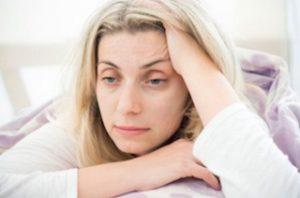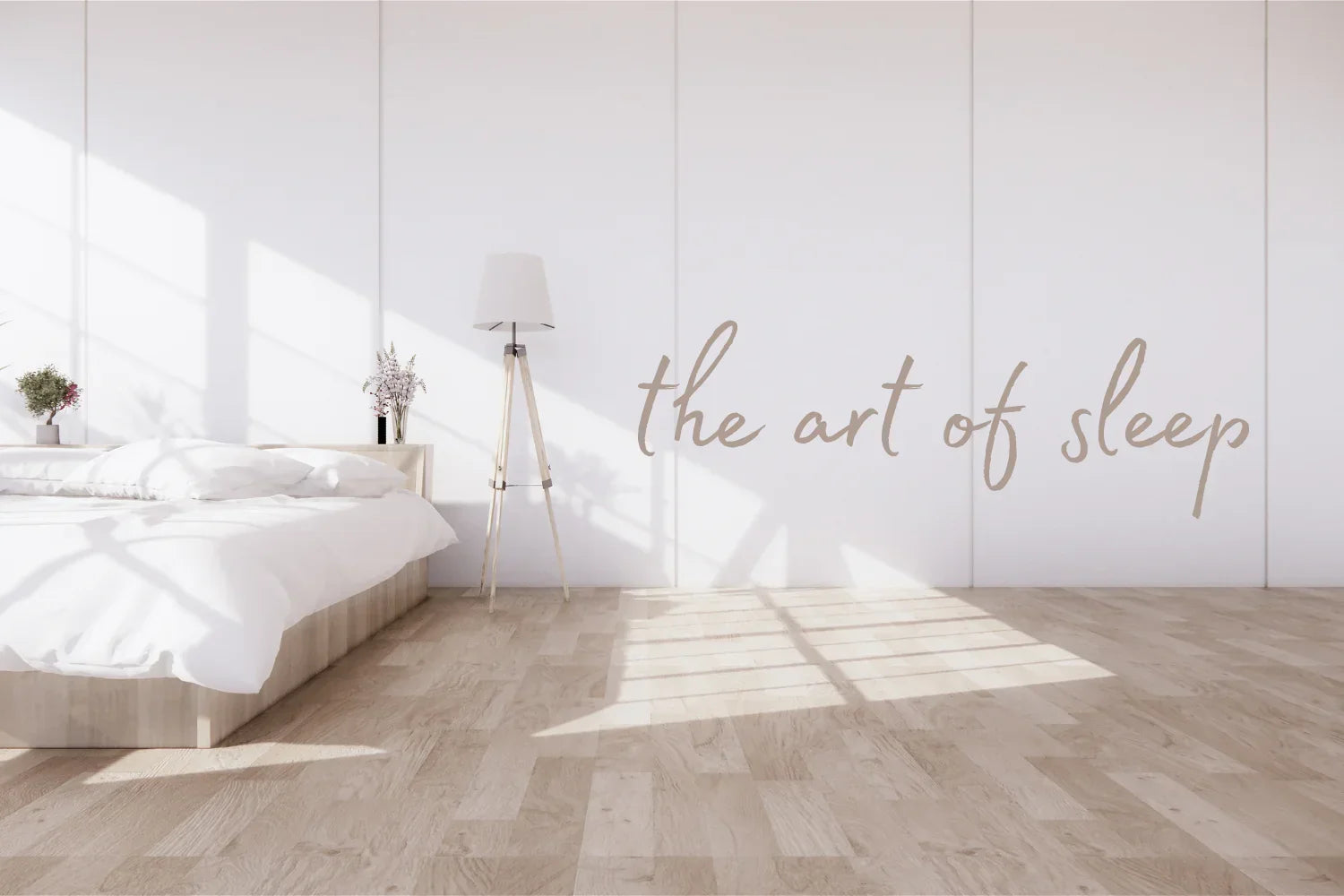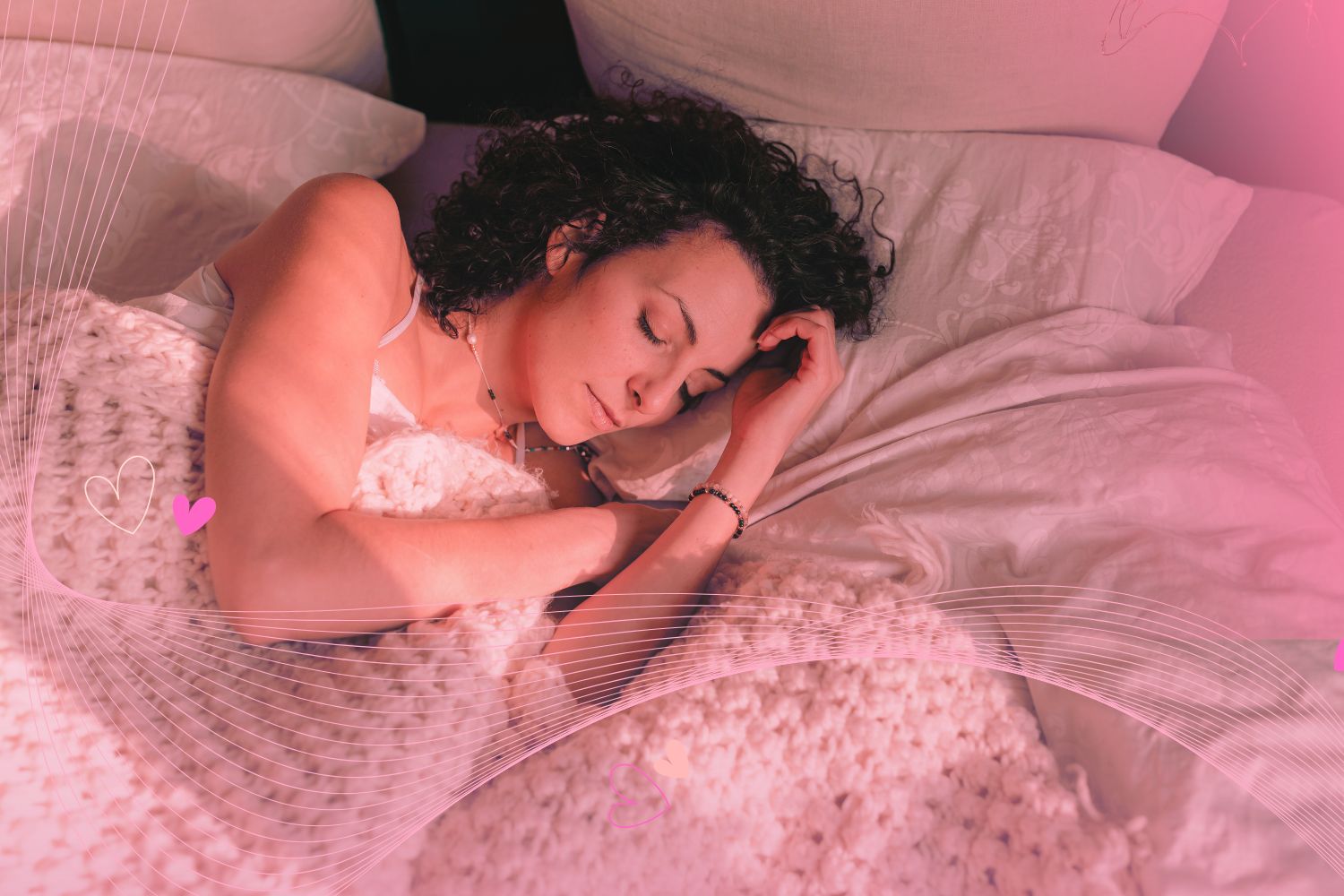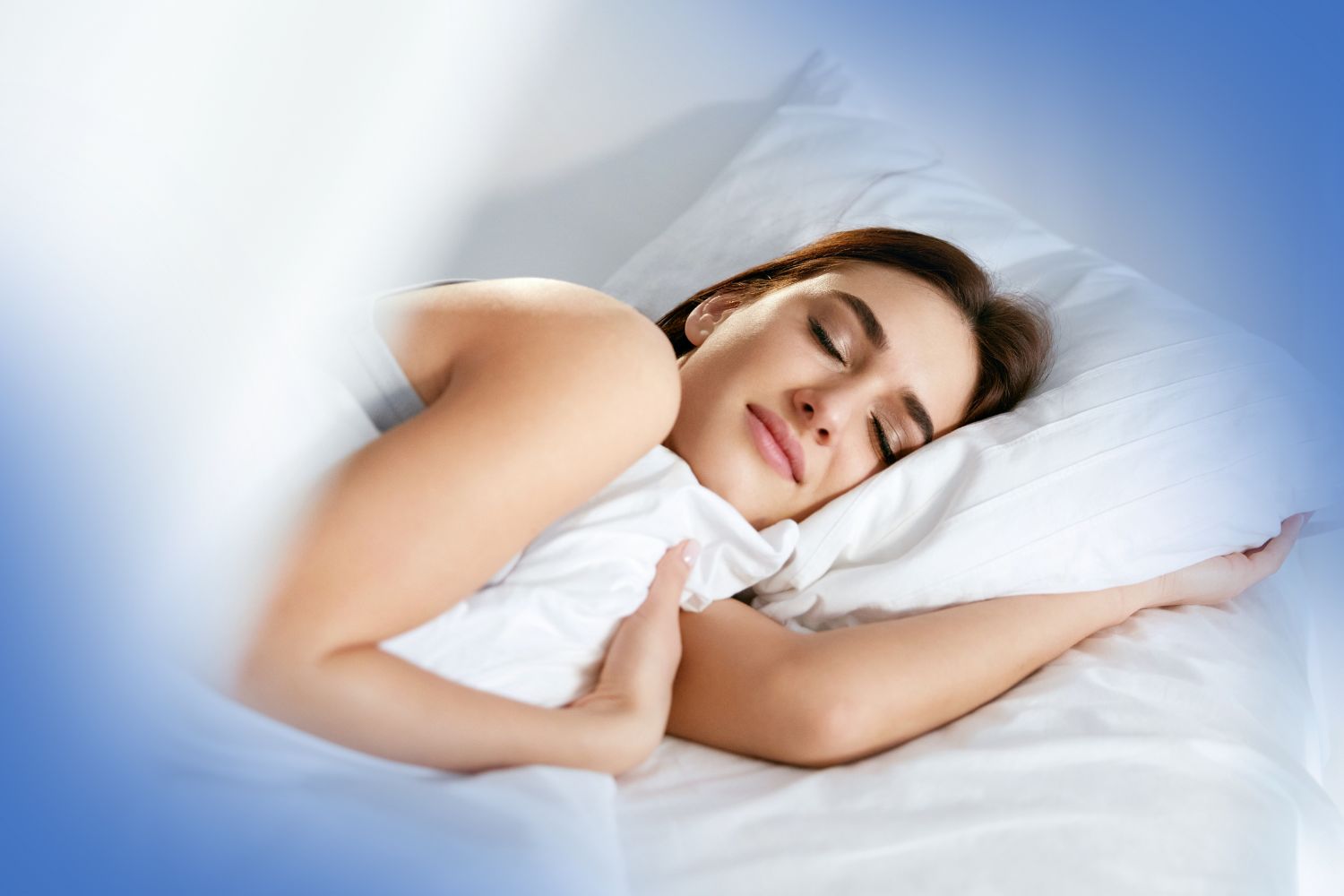Why getting better sleep saves lives
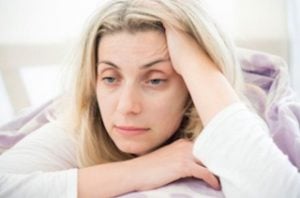
Wake up Call
According to the American Academy of Sleep Medicine, at least twenty percent of American adults are considered to be sleep deprived. In other words, at any given moment, one in five of us isn't functioning at 100% -- a sobering thought when you consider those moments may be spent driving automobiles; dispensing medicine, launching rockets or even operating nuclear power plants. Lack of sleep can in fact be downright dangerous. You, and all those around you, will fare better if you’re getting your Zzzzzs.
How much sleep is enough?
For the average adult, 7-9 hours of quality sleep in a 24-hour period is not a luxury -- it's a necessity. Our bodies and minds simply cannot operate without this critical resource.
Moodiness and depression are common responses to lack of sleep and often lead to difficulties in personal and professional relationships. Losing sleep can also affect your judgment, your balance, coordination and other cognitive functions. It's no surprise then, that mistakes, accidents and catastrophes are all more likely to occur when you don't get enough sleep.
When you’re just too tired, just say "NO"
Soldiering on when you've had only a few hours of sleep may seem like the noble or just plain necessary thing to do but this is a very dangerous way to think! Continued sleep deprivation can have serious and sometimes deadly consequences. Don't feel "obligated" to risk your life and the lives of others.
Health risks
Not sleeping enough puts you at higher risk for a number of health issues including cardiovascular disease and coronary heart disease; high blood pressure, diabetes, weight gain, decreased sex drive and memory function -- as well as an overall weakening of the immune system.
Other fatigue related risks…
- The National Sleep Foundation reports a 70% increase in the likelihood of a workplace accident when a person is sleep deprived; comparing the effects of fatigue to the effects of alcohol which can lead to impaired judgment and poor performance.
- 100,000 deaths occur in US Hospitals each year due to medical errors which are often linked back to sleep deprivation.
- Up to 50% of deaths and serious injuries involving motor vehicles are attributed to driver fatigue. And the list goes on…
Don’t be caught asleep at the wheel
Lack of sleep, fatigue, being zoned out, will inevitably lead to inadequate human response time. Instead of being at our best, we are unable to manage when life throws us a curve ball. We don't see things coming in time -- or worse, we may simply nod off at the worst possible moment.
Numerous epic disasters such as Chernobyl, The Challenger Space Shuttle Explosion, American Airlines Flight 1420, The Exxon Valdez Oil Spillhave been linked to sleep issues.
On a more personal level lack of sleep can be dangerous to our careers, finances and personal relationships.
How to know if you’re sleep deprived
The most common sign of sleep deprivation is excessive daytime sleepiness but symptoms can range from yawning and crankiness to blurred vision, slurred speech, emotional outbursts, confusion and even hallucinations.
Why are you so sleepy?
Many of us lose sleep due to irritating noise. Do you have a snoring partner, barking dog, or city noise keeping you awake?
Maybe you're over-stimulating yourself with caffeine, late night exercise, or tech gadgets at bedtime.
Some of us are working too many hours; working strange shifts -- or we may be lying awake because we're not working at all.
Life is loud and often full of stress. You'll manage it all much better when you get the quality sleep you need.
How to get the sleep you need
Make it a priority to get your Zzzzs – every night! Try to go to bed at the same time each night and get up at the same time every morning. Avoid caffeine and other stimulants. Turn off the electronic devices at least an hour before bedtime; relax your mind with music or a book. Wear comfortable night clothes and try to avoid extreme temperatures. If your environment is loud, try using a noise masking device to replace the annoying noise with a soothing sound like pink noise.
When you still can’t get the sleep you need
When life has other plans like extra shifts at work, caring for a loved one or distance traveling, try to get in a 30-minute nap (anything longer than 30 minutes may leave you feeling groggy.)
If you’re not sleeping because of a medical condition, or if none of these coping methods are working for you, it may be time to seek professional help -- because not getting the sleep you need is just not an option.
Conclusion
In conclusion, sleep is not just a luxury; it's a critical part of maintaining our health, safety, and overall well-being. From the risks of impaired cognitive function and serious health issues to the dangers posed by fatigue in high-stakes environments, the consequences of sleep deprivation are too significant to ignore. Prioritize your rest by making necessary lifestyle changes—whether it's adjusting your sleep schedule, managing noise, or seeking professional help if needed. Remember, getting quality sleep is essential not only for your physical health but also for your mental clarity and daily performance.

